When Binance introduced Unifi Protocol DAO (UNFI) as the 8th project on its Launchpool platform in November 2020, it wasn’t just another token listing. It was the debut of a multi-chain, smart-contract powered DeFi protocol built to push interoperability and decentralization further than most projects at the time.
Binance invited users to farm UNFI over a 30-day period by staking BNB, BUSD, or ETH in separate pools. Farming began on November 14, 2020, and ended a month later. On November 19, UNFI went live for trading in Binance’s innovation zone, giving early participants the first opportunity to sell or hold their freshly earned tokens.
For crypto users at the time, this was more than a launch—it was a chance to secure a stake in a DeFi protocol before it hit mainstream trading.
How Farming Worked
The process was simple. No KYC was required, there were no staking limits, and participants could spread their holdings across pools however they liked. For example, you could put half your BNB in one pool and the other half in another.
Rewards were calculated hourly, updated in real time, and claimable instantly to a user’s spot account. Unstaking was equally easy—no waiting period. At the end of the farming period, unclaimed rewards and staked tokens were automatically returned to spot accounts.
And if you were staking BNB, you didn’t lose its regular benefits. You still had access to airdrops, Launchpad allocations, and VIP perks.
Tokenomics and Reward Structure
The UNFI token had a total supply of 10 million. Of that, 400,000 (4%) were set aside for Launchpool rewards. At listing, the circulating supply was 2,258,333 UNFI—roughly 22.58% of the total.
Rewards were split across three pools:
-
BNB Pool: 280,000 UNFI (70%)
-
ETH Pool: 80,000 UNFI (20%)
-
BUSD Pool: 40,000 UNFI (10%)
Daily reward distribution was weighted toward early participants:
-
Nov 14–19: 33,333.33 UNFI/day (BNB: 23,333.33, BUSD: 3,333.33, ETH: 6,666.67)
-
Nov 20–27: 10,000 UNFI/day
-
Nov 28–Dec 13: 7,500 UNFI/day
The structure encouraged quick engagement from the start.
Listing and Market Debut
On November 19, 2020, Binance listed UNFI in its innovation zone with trading pairs against BTC, BNB, BUSD, and USDT. This gave farmers immediate liquidity while signaling to traders that the token was new, potentially volatile, and suited for those willing to take on higher risk for potential higher returns.
Why UNFI Was Significant
Unifi Protocol DAO aimed to break blockchain silos with true multi-chain interoperability. In 2020, most DeFi projects were limited to a single blockchain. UNFI’s model allowed cross-chain smart contract interactions, positioning it as a forward-looking player in a crowded market.
For early adopters, the appeal was twofold: support an ambitious project solving a key blockchain challenge and earn rewards for doing so.
Risks to Consider
Binance issued a clear warning—crypto trading is volatile, and participation in new token launches carries significant risk. Price swings could be sharp in either direction, and even with Binance’s project selection process, profits were never guaranteed.
Final Take
The Binance Launchpool campaign for UNFI was a mix of opportunity, flexibility, and calculated risk. It gave everyday crypto users a shot at earning a promising DeFi token before its exchange debut while highlighting a project built for blockchain’s next stage—cross-chain integration.
For many, it was a practical way to join an emerging ecosystem. For Binance, it was another example of how Launchpool could introduce high-potential tokens to millions of users worldwide.
FAQ
What is Unifi Protocol DAO (UNFI)?
A multi-chain, smart-contract DeFi project and the 8th Binance Launchpool feature.
How could users earn UNFI?
By staking BNB, BUSD, or ETH for 30 days starting Nov 14, 2020.
What was the reward distribution?
400,000 UNFI: 70% to BNB, 20% to ETH, 10% to BUSD stakers.
What were the key dates?
Farming: Nov 14–Dec 14, 2020. Trading began Nov 19.
What was the supply?
10 million total, with 2,258,333 UNFI in circulation at launch.
What were the staking rules?
No limits, no KYC, one pool per token type, unstake anytime.
How were rewards handled?
Updated hourly, claimable anytime, auto-transferred at period end.
Did staking BNB remove its perks?
No, all standard BNB benefits stayed active.

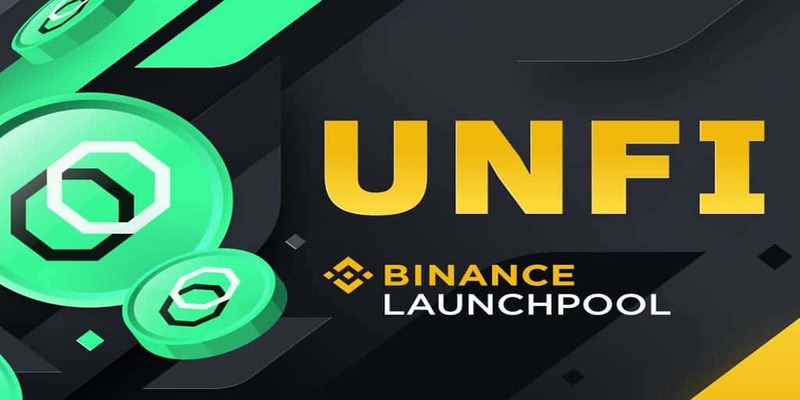
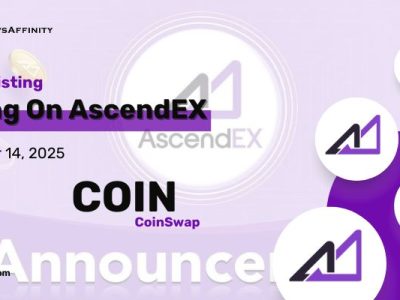
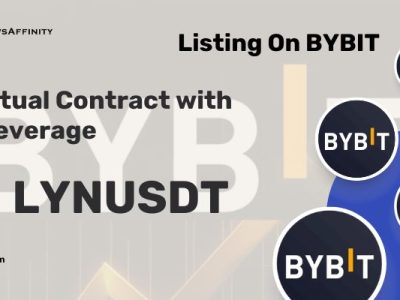
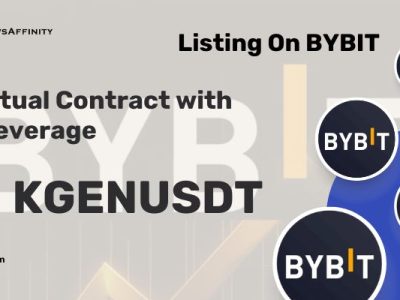
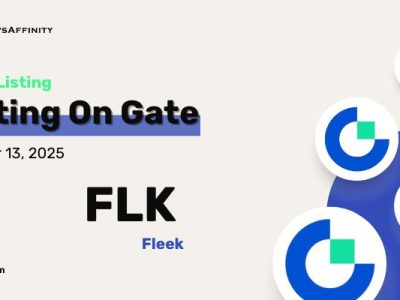
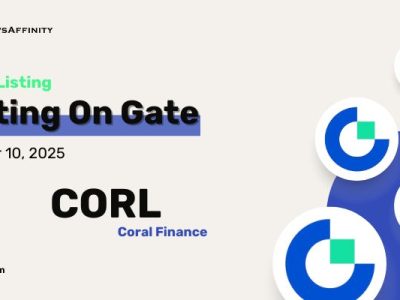
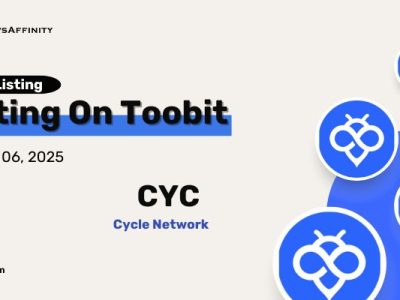



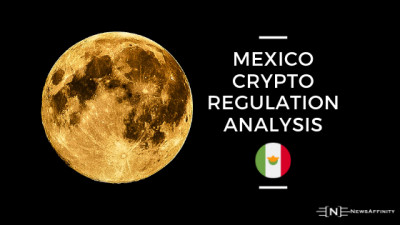





Comments